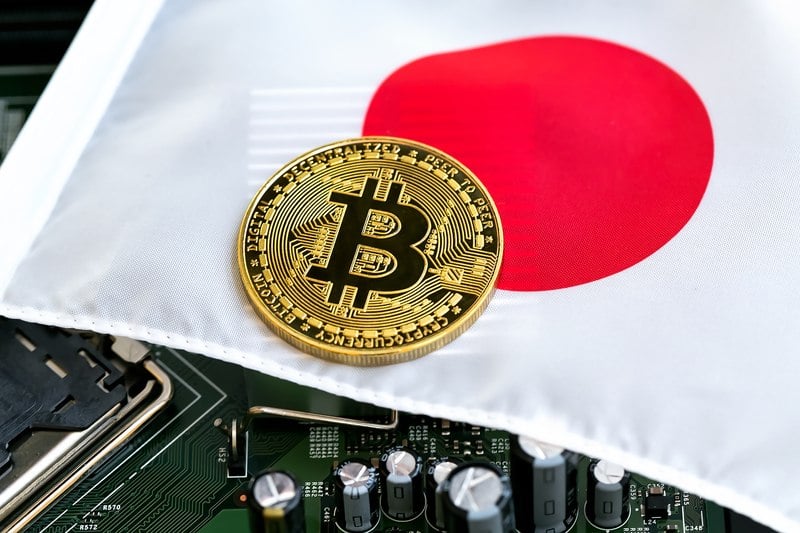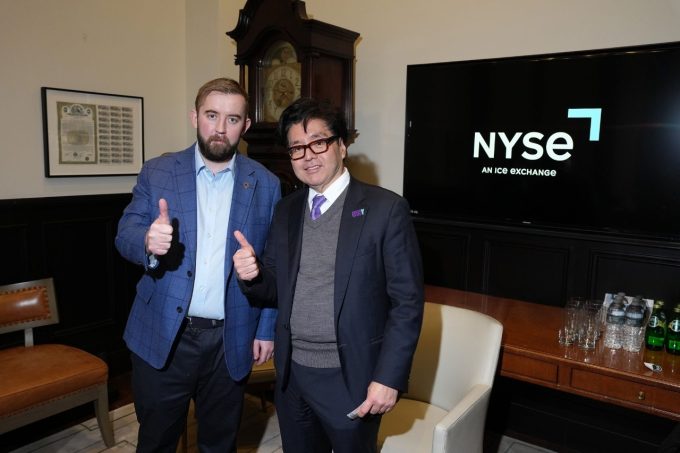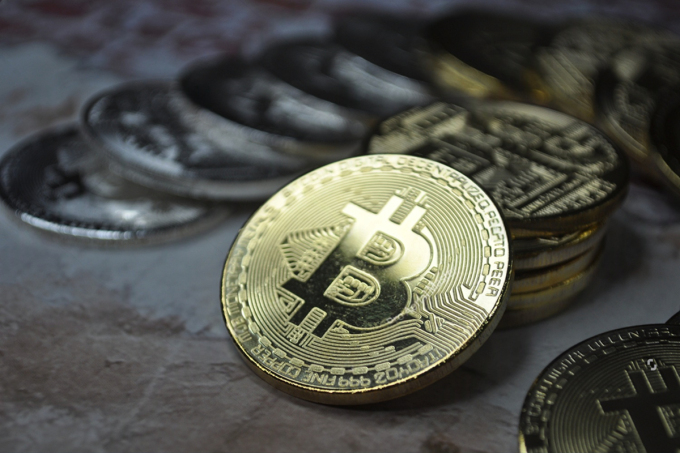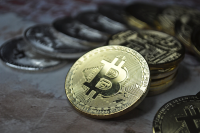Japan’s financial regulators are drafting new legislation aimed at cracking down on insider trading in the cryptocurrency market, signaling a decisive move toward aligning digital assets with traditional financial conduct standards. The initiative, led by the Financial Services Agency (FSA), seeks to enhance transparency, curb unfair trading practices, and strengthen investor confidence in one of Asia’s most mature crypto markets.
The proposed framework comes amid rising global scrutiny of token listing practices and market manipulation across major exchanges.
Crypto Markets Under a Regulatory Lens
Japan has long positioned itself as a pioneer in cryptocurrency regulation, being the first major economy to license crypto exchanges following the Mt. Gox collapse in 2014. The new rules would extend oversight beyond exchange-level compliance to include individuals and entities involved in pre-listing information or token issuance — effectively closing a long-standing loophole in digital asset governance.
Insider trading in crypto has proven difficult to track due to decentralized structures and anonymous wallets. Regulators aim to leverage blockchain analytics and mandatory disclosure requirements to monitor suspicious activity.
Investor Sentiment and Market Context
Japan’s crypto market remains robust, with over 6 million registered crypto users and trading volumes consistently above $10 billion per month. Despite broader market volatility, domestic exchanges such as bitFlyer and Coincheck have reported stable user growth.
Analysts suggest that tighter insider-trading controls could improve institutional participation by mitigating compliance risks. As one Tokyo-based fund manager noted, “For institutional investors, credibility and clarity matter more than hype — and Japan is moving in that direction.”
Strategic and Psychological Layer
Retail traders, long accustomed to speculative token surges, may initially view the new rules as restrictive. However, history shows that regulatory clarity often precedes capital inflows — a dynamic similar to Japan’s 2017 crypto exchange licensing reform, which was followed by a 30% increase in market capitalization within a year.
Forward-Looking Outlook
If implemented, Japan’s insider trading reforms could serve as a template for other G7 markets, reshaping how transparency and enforcement are applied to digital assets. For investors, the near-term impact may be limited volatility, but the long-term result could be a healthier, more credible ecosystem — one where compliance and innovation coexist.
Comparison, examination, and analysis between investment houses
Leave your details, and an expert from our team will get back to you as soon as possible













Leave a comment